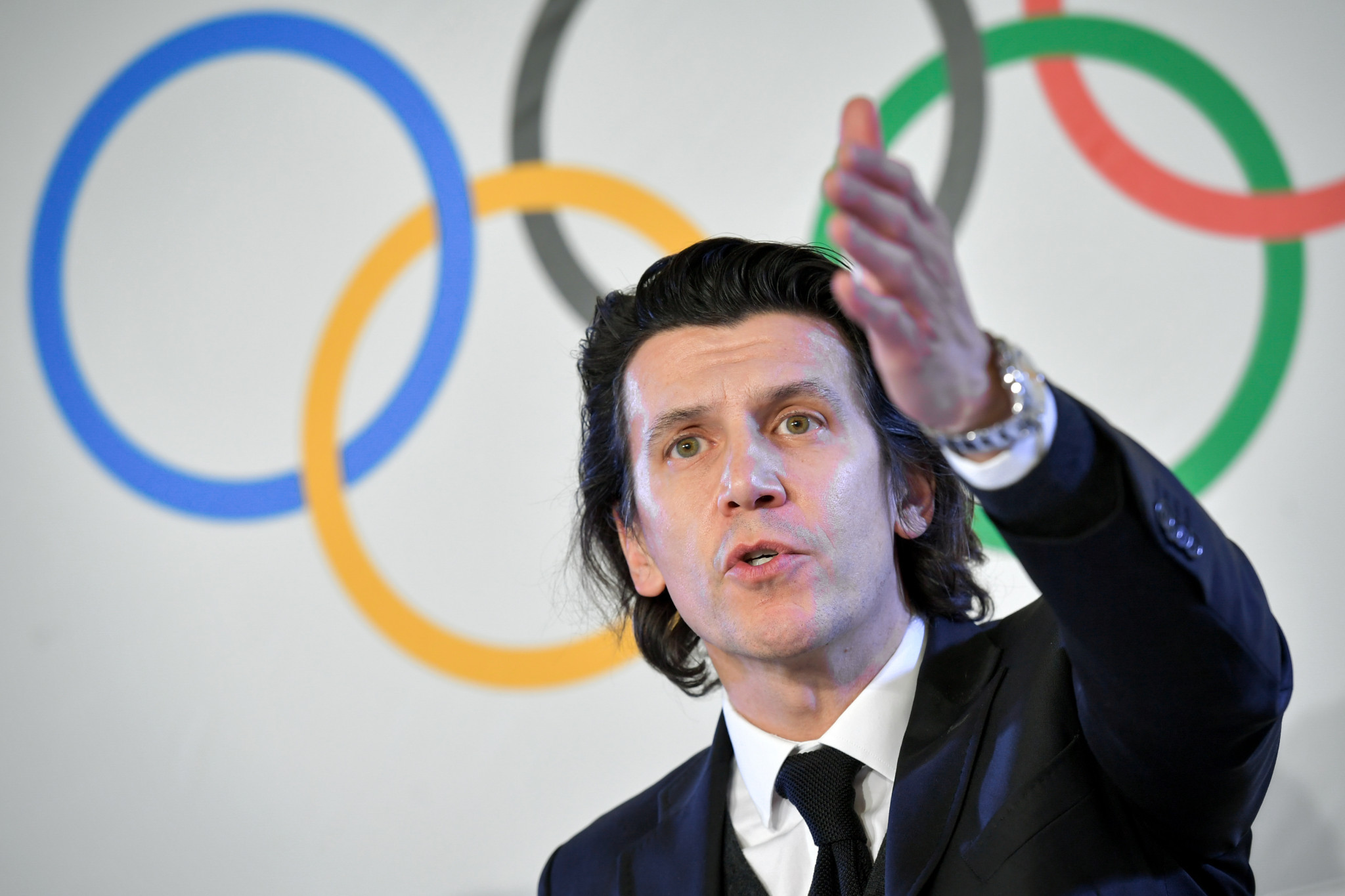The strict nature of the 14-day period of movement restrictions which will be imposed on those who travel to Japan for this year's delayed Olympic Games has been underscored following the second day of the latest International Olympic Committee (IOC) Executive Board meeting.
Christophe Dubi, the IOC's Olympic Games executive director, said there would be "no exceptions" to the policy, regardless of where athletes, officials or media members were coming from.
From the start of July, Olympic-centric rules will come into place and visitors will need to fill out an activity plan for their first 14 days in the country, which includes listing all locations they plan to travel to.
Only those locations may be visited.
Personnel will also have their temperature taken every day in the 14-day window, must download a contact-tracing app and will need to have taken COVID-19 tests before arriving in Japan.
Fears have been raised about inflexibility in the system, particularly from journalists and others who cannot predict what will happen in the first 14 days of their stay and where they may be required.
But Dubi pledged that the restrictions will be enforced without exception.
"From July 1, there is this 14-day period that is preceded by 14 days of supervision," Dubi said.
"That regime of 14 days where movement is restricted within the bubbles that are established by the Organising Committee.
"You have an activity plan and you cannot go out of this activity plan.
"A number of media organisations have elected to send their reporters in advance so the 14 days are served prior - within those 14 days we have to be very clear, it is to respect the conditions to ensure a safe Games for everyone.
"Those 14 days have to be respected and there are no exceptions."
Dubi added that those in the media are likely to be restricted to only essential locations such as Games venues, hotels and media facilities, but did not rule out extra places being added depending on the COVID-19 situation.
"You will have maybe a few other destinations that you may be allowed," Dubi said.
"The list is not final, this is work in the making.
"The regime that will be put in place can be adapted at any point in time."
Dubi also addressed how nations hit particularly hard by the pandemic, or where new strains of COVID-19 have been identified, have been preparing and cooperating with organisers.
A suggestion that athletes from Britain, India, Malaysia and seven other countries reported to soon be added to a Japanese red list could be banned from the Games has also been dismissed by both the IOC and the Organising Committee.
"Those with the variants have pledged to do far more vigorous testing and measures themselves; and have made this very public to us and the Organising Committee," Dubi said.
"These delegations are willing to take extra measures on their side to make sure they can access Japan.
"They have offered a number of solutions on their side including 100 per cent of their delegations to be vaccinated."
The Tokyo 2020 Olympics are scheduled to take place from July 23 to August 8, despite the ongoing COVID-19 pandemic.
Foreign spectators will not be allowed to attend the Games, with a decision on domestic fans expected to be made at the end of this month.

